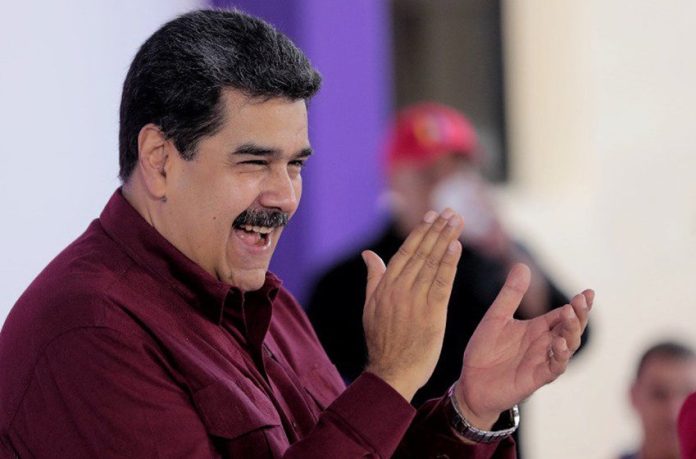For 40,000 Mexicans the president of Venezuela would not be missed if he didn’t come to the inauguration ceremony of president-elect López Obrador. In fact, they would rather he did not come.
Within a few hours of the announcement that Nicolás Maduro had been invited to the December 1 swearing-in ceremony, thousands of people voiced their rejection via an online petition.
Created by National Action Party (PAN) member and ex-senator Mariana Gómez del Campo Gurza two days ago, the petition posted on Change.org has gathered 40,000 supporters.
“Inviting the dictator from Venezuela . . . to the swearing-in ceremony represents a shameful act that we must not accept,” she wrote.
“. . . countries committed to democracy have pressured the Venezuelan regime to respect human rights . . . with this invitation Morena is giving a pat on the back to a man who has assassinated students, jailed opponents, repressed demonstrators and impoverished the people of one of the countries that at one time was the wealthiest in South America.”
The petition insists that Maduro should not be welcomed to Mexico, and that his presence is “an affront to Mexicans who for years have fought for democracy, human rights and freedom.”
Political scientist Roberto Duque at the National Autonomous University (UNAM) said inviting President Maduro “might be correct from a diplomatic point of view,” but the decision could well be politically costly to the López Obrador administration.
He called the invitation an error because Venezuela has an anti-democratic government.
López Obrador responded to the criticism by saying Mexicans are friends to all the governments and all the people of the world. “We maintain a policy of friendship” for all.
Future foreign affairs secretary Marcelo Ebrard said leaders were invited from all the countries of the world. No one could be excluded, he said, because Mexico cannot and should not decide which country should come and which country should not.
Maduro has accepted the invitation to attend the ceremony, which takes place December 1.
Source: El Financiero (sp), ADN Político (sp)
